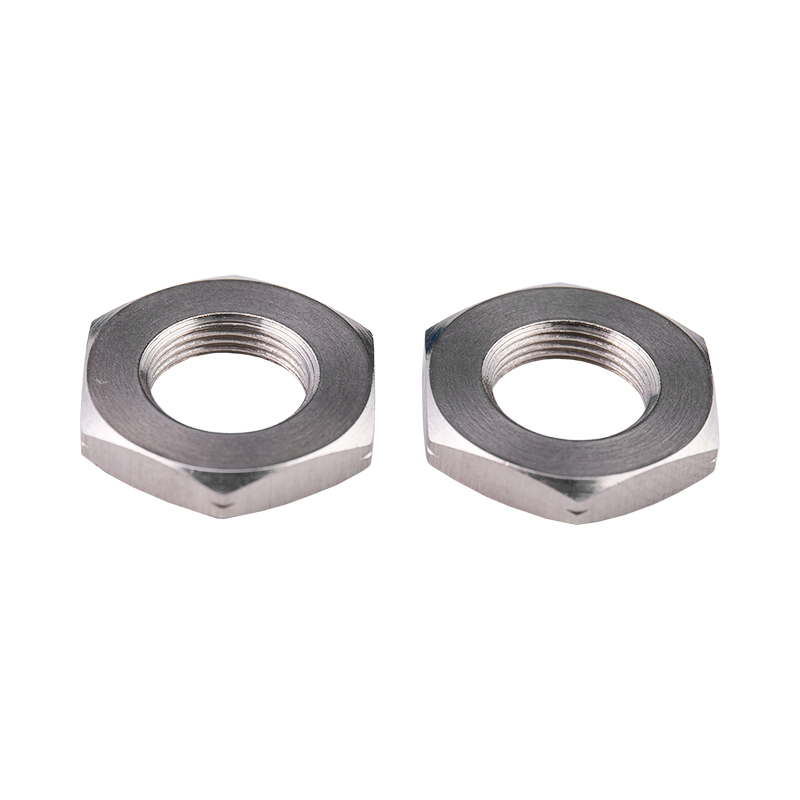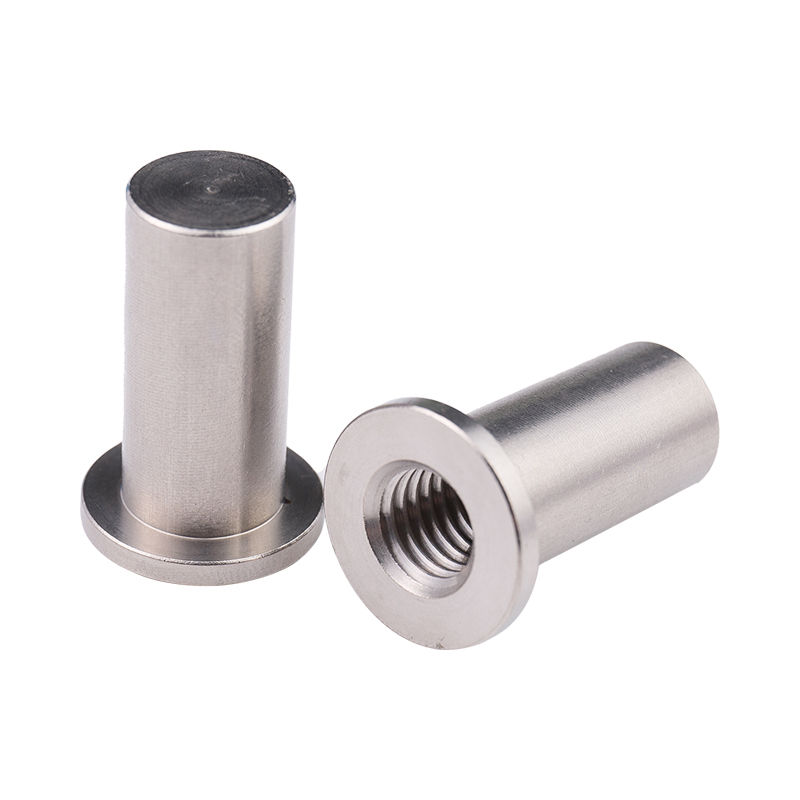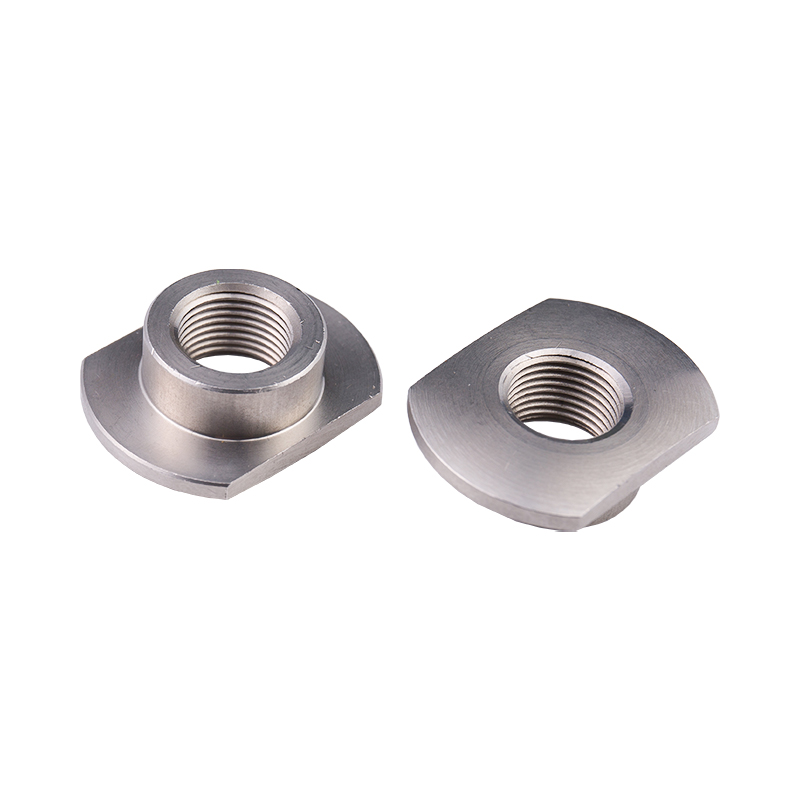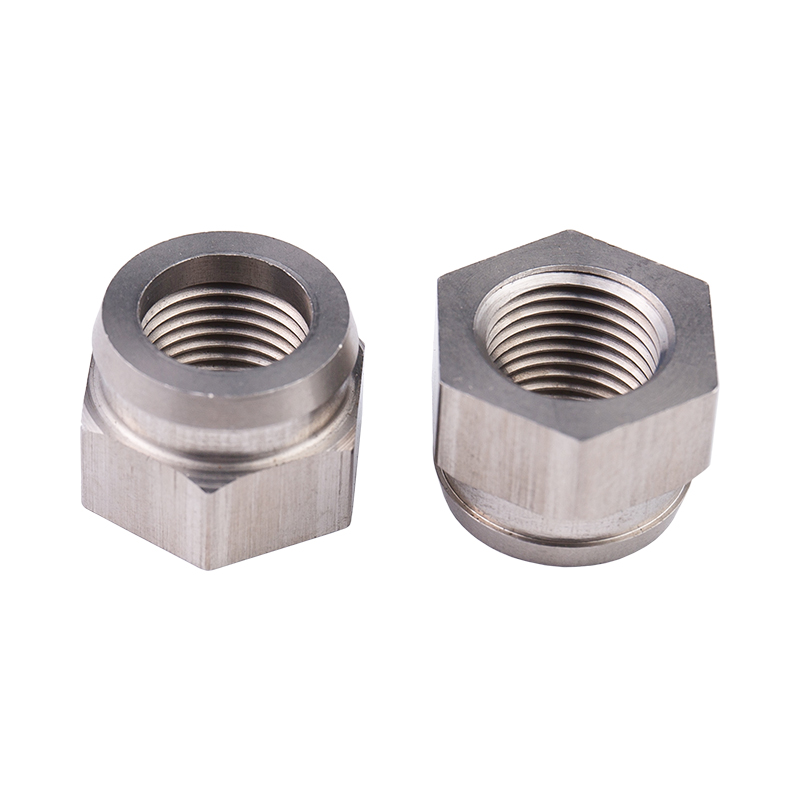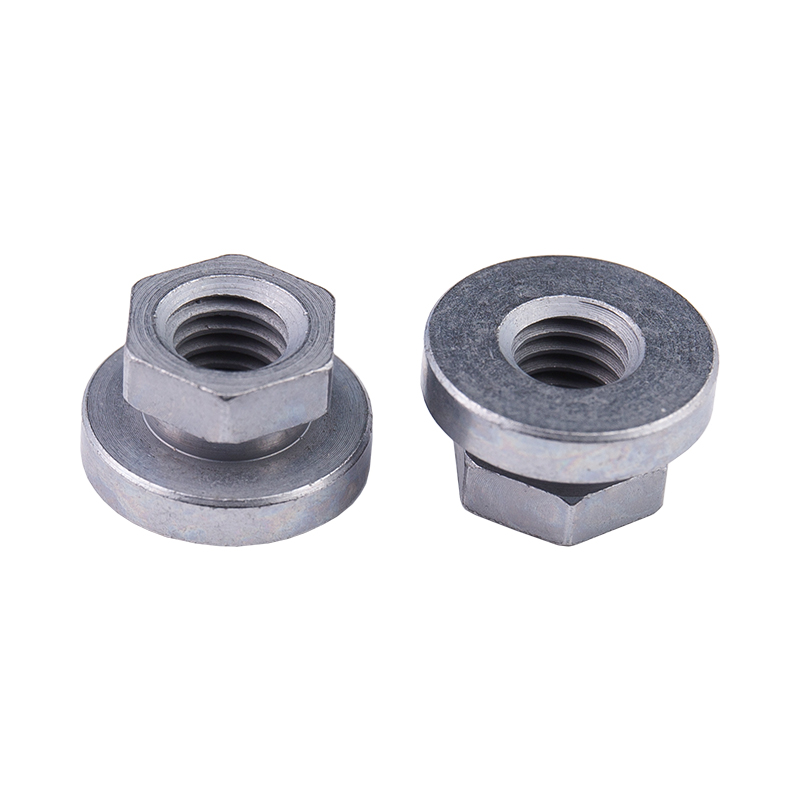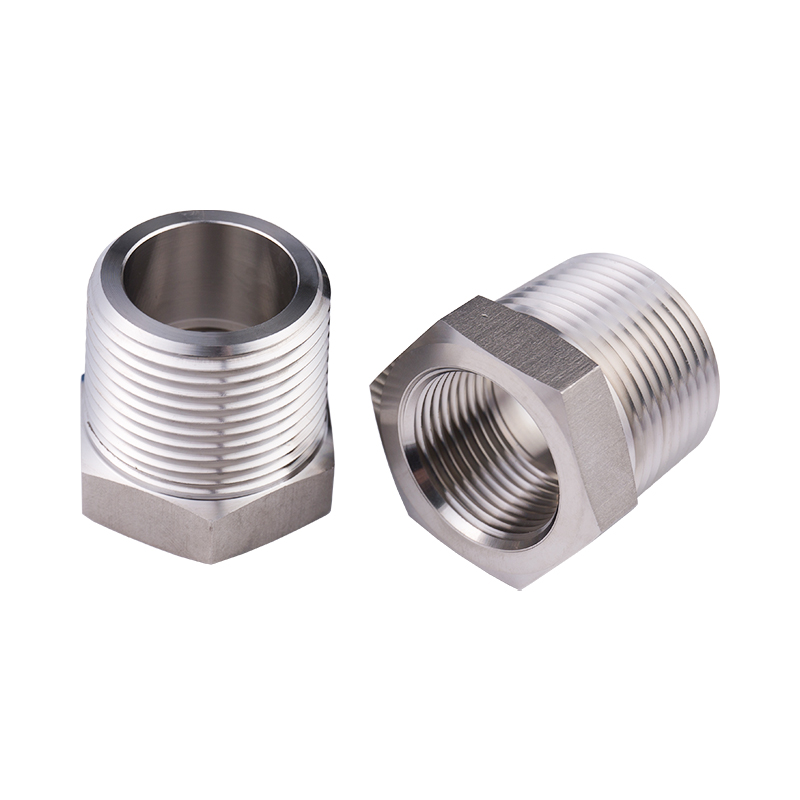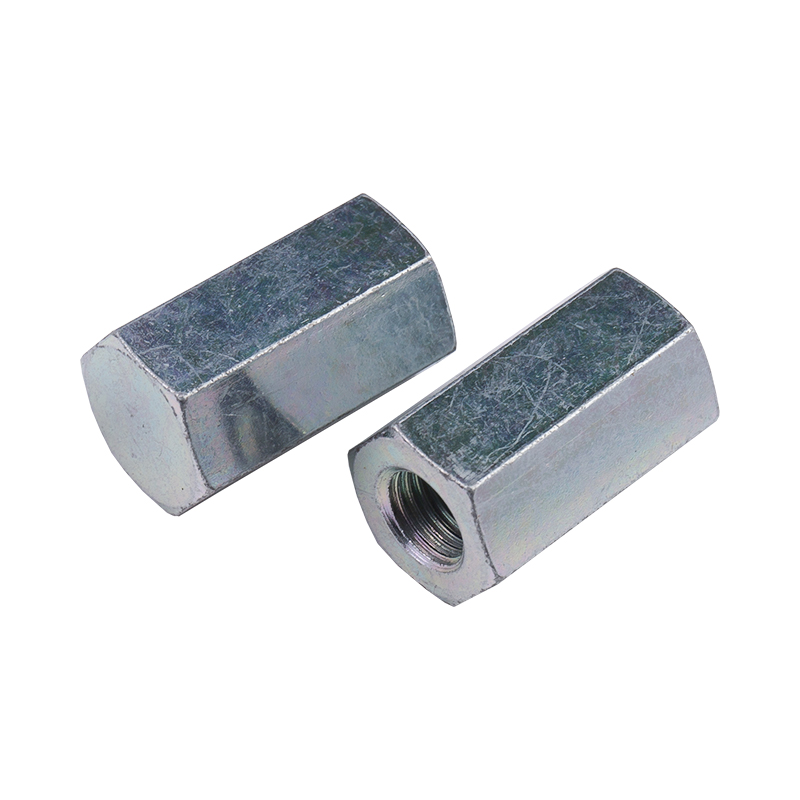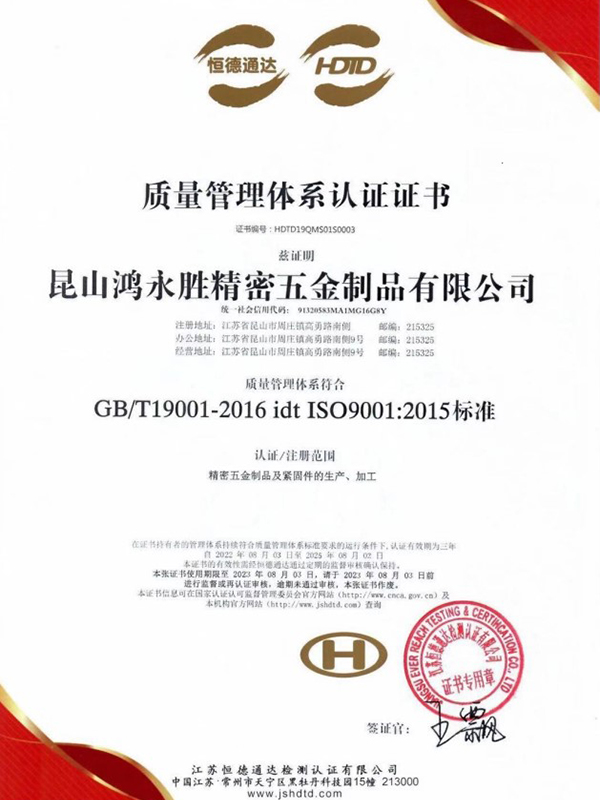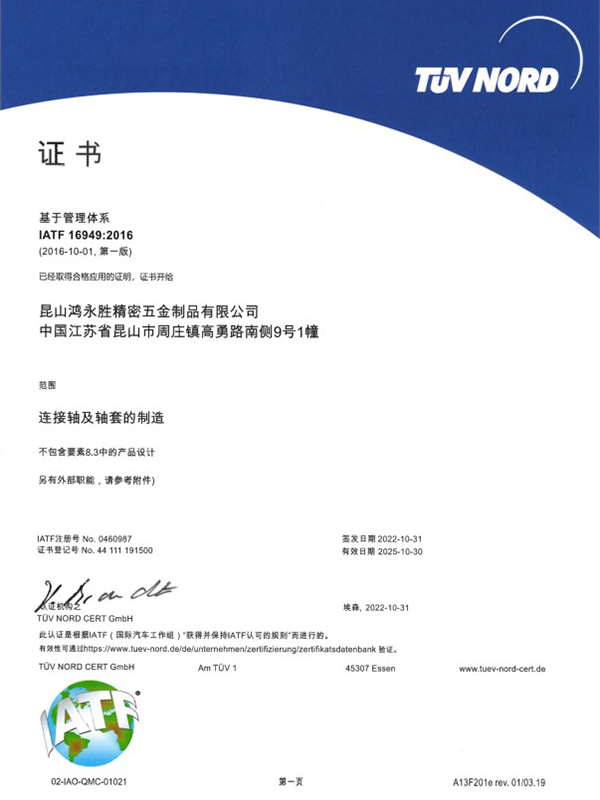Definition and Basic Concept of Hexagonal Rivet Nuts Hexagonal rivet nuts are internally threaded fasteners designed to create strong, load-bearing threads in thin or hollow materials where convention...
READ MOREThe company has obtained two quality system management certificates of ISO9001:2015 and IATF16949:2016.
At present, the company has been for Japan, Sweden, the United States, Singapore, Malaysia, Hong Kong and the Pearl River Delta and many other customers to provide services, now the main customers are: Japan Sharp (SHARP), Japan SMC, Japan Panasonic (Panasonic), the Swedish automobile VOVOL, etc., all the fixed assets investment of more than 30 million dollars, welcome friends from all walks of life to the factory to visit, study, consulting and come! We welcome friends from all walks of life to visit our factory, investigate, consult and come to us for sample processing.
We are looking forward to establishing a good business partnership with you with mutual trust and reciprocity!
-
-
Understanding Sealing Requirements in Hydraulic and Pneumatic Systems Hydraulic and pneumatic connections operate under internal pressure, media flow, and frequent pressure fluctuations. In these syst...
READ MORE -
Introduction to Screw Hardware Screw hardware is a fundamental component in construction, manufacturing, and DIY projects. It plays a critical role in joining materials securely, providing structural ...
READ MORE -
Introduction to Round Head Cross Bolts Round head cross bolts are a type of fastener widely used in construction, machinery, and industrial applications. They feature a rounded head with a cross slot ...
READ MORE
In what industries are non-standard stainless steel nuts commonly used?
Marine and Offshore: Due to their high corrosion resistance, non-standard stainless steel nuts are extensively used in marine environments for fastening components on ships, offshore platforms, and coastal structures.
Oil and Gas: In the oil and gas industry, where equipment is often exposed to harsh conditions, non-standard stainless steel nuts are employed for fastening pipelines, valves, and other critical infrastructure.
Chemical Processing: Stainless steel nuts are preferred in chemical processing plants where resistance to corrosion from chemicals is vital for maintaining operational integrity and safety.
Aerospace and Aviation: In aerospace applications, where weight and durability are critical factors, non-standard stainless steel nuts are utilized for securing components in aircraft and spacecraft, especially in areas susceptible to corrosion.
Automotive: Non-standard stainless steel nuts are used in automotive manufacturing, particularly in parts exposed to road salts, moisture, and other corrosive elements, such as exhaust systems and engine components.
Construction and Infrastructure: In construction projects, non-standard stainless steel nuts are employed for fastening structural elements, bridges, and other infrastructure where exposure to weather and environmental elements is a concern.
Food and Beverage: Stainless steel nuts are preferred in the food and beverage industry due to their hygienic properties and resistance to corrosion from food acids and cleaning chemicals.
Medical and Pharmaceutical: In medical and pharmaceutical applications, where cleanliness and corrosion resistance are crucial, non-standard stainless steel nuts are used in equipment and machinery manufacturing.
Renewable Energy: Non-standard stainless steel nuts are utilized in renewable energy projects, such as wind turbines and solar panel installations, where exposure to outdoor elements requires durable fastening solutions.
Electronics and Electrical: Stainless steel nuts are used in electronic and electrical equipment manufacturing, where resistance to corrosion and high temperatures is essential for maintaining performance and reliability.
Do non-standard stainless steel nuts require specific tools or equipment for installation?
Standard Tools: In many cases, non-standard stainless steel nuts can be installed using standard tools commonly found in a toolbox, such as wrenches or socket sets. If the size and shape of the non-standard stainless steel nut are similar to standard nuts, traditional tools may suffice for installation.
Specialized Tools: However, certain non-standard stainless steel nuts may have unique shapes, sizes, or threading profiles that require specialized tools for installation. This could include custom wrenches or sockets designed to fit the specific dimensions of the nut.
Torque Requirements: Depending on the application, non-standard stainless steel nuts may have specific torque requirements for proper installation. In such cases, torque wrenches calibrated to the required torque values may be necessary to ensure accurate and consistent tightening.
Thread Compatibility: If the non-standard stainless steel nut has unique threading that differs from standard fasteners, specialized tapping tools may be required to create mating threads in the corresponding components for proper installation.
Assembly Considerations: In assembly line or mass production settings, specialized equipment such as pneumatic or electric torque drivers may be used for efficient and consistent installation of non-standard stainless steel nuts.
Custom Fixturing: For complex installations or unique applications, custom fixtures or jigs may be developed to assist with aligning and securing non-standard stainless steel nuts during installation.



 русский
русский Español
Español